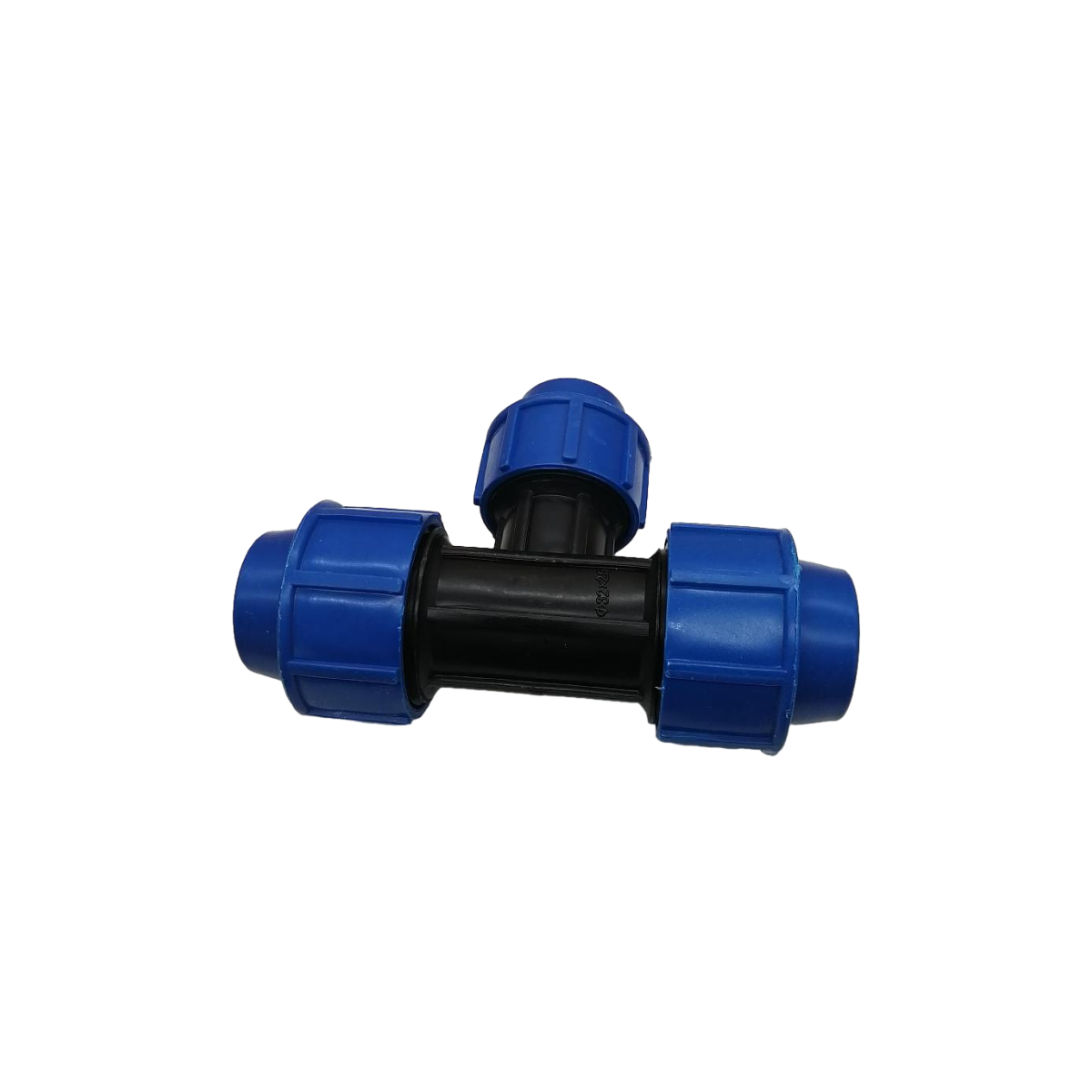Oct . 22, 2024 03:08 Back to list
Exploring Applications and Benefits of PVC Pipe Products in Various Industries
The Use of PVC Pipe Products Versatility and Efficiency
Polyvinyl chloride (PVC) is one of the most widely used synthetic plastics globally, with its use extending across various industries. Among the many applications of PVC, its use in piping systems stands out for its versatility and efficiency. PVC pipes have become a staple in construction, agriculture, sewage treatment, and even in residential plumbing. This article aims to explore the myriad uses of PVC pipe products, highlighting their advantages, applications, and impact on modern infrastructure.
Advantages of PVC Pipes
One of the primary reasons for the popularity of PVC pipes is their impressive array of advantages compared to alternative materials like metal or clay. First and foremost, PVC is lightweight, making it easy to handle and transport. This characteristic not only reduces labor costs but also minimizes the risks associated with heavy lifting during installation.
PVC pipes are also resistant to corrosion and chemical reactions, granting them an extended lifespan. Unlike metal pipes that may rust or deteriorate when exposed to certain chemicals, PVC maintains its integrity under a wide range of environmental conditions. This property is particularly crucial for industries dealing with caustic materials or requiring reliable water transport.
Furthermore, the smooth interior of PVC pipes promotes efficient fluid flow and minimizes the risk of blockages. This characteristic is vital in applications such as sewage systems or water supply lines where consistent flow rates are essential. Additionally, PVC pipe products require minimal maintenance, reducing long-term operational costs.
Applications in the Construction Industry
In the construction sector, PVC pipes are used for various purposes, including drainage, venting systems, and water supply lines. Their lightweight nature makes them ideal for both residential and commercial building projects. The plumbing system of a building often integrates PVC pipes due to their cost-effectiveness and ease of installation.
Moreover, PVC is also used in electrical conduits to protect wiring from environmental factors. The non-conductive nature of PVC makes it a safe choice for electrical installations, enhancing safety in residential and commercial buildings.
use of pvc pipe product

Agricultural Uses
The agricultural sector benefits significantly from the use of PVC pipes, particularly in irrigation systems. The ability of PVC to withstand varying weather conditions while providing efficient water transport makes it an ideal choice for farmers. Drip and sprinkler irrigation systems often utilize PVC pipes to ensure that water is delivered efficiently to crops, promoting better yield while conserving water resources.
Additionally, PVC pipes are used in aquaculture for water circulation and aeration systems. The durability and non-reactive nature of PVC ensure that aquatic life is not harmed by contaminants, making it a preferred choice in fish farming.
Environmental Considerations
While PVC pipes offer numerous advantages, it's essential to consider their environmental impact. The production of PVC involves the use of fossil fuels, and the material is not biodegradable. However, advancements in recycling technologies have enabled the reuse of PVC products. Many manufacturers now collect and recycle old PVC pipes, transforming them into new products and significantly reducing waste.
Furthermore, the durability of PVC pipes often results in fewer replacements over time, contributing to lower resource consumption. Thus, when managed properly, PVC can be a sustainable option in various applications.
Conclusion
The use of PVC pipe products has revolutionized multiple industries, providing durable, cost-effective, and efficient solutions for fluid transport and infrastructure development. From construction to agriculture, the versatility of PVC pipes allows for innovative applications that meet modern needs. While it is crucial to remain aware of their environmental footprint, ongoing advancements in recycling and sustainability practices can mitigate these concerns. As we continue to explore and utilize PVC, its contribution to future development and infrastructure growth will undoubtedly be significant.
-
High-Quality PVC Borehole Pipes Durable & Versatile Pipe Solutions
NewsJul.08,2025
-
High-Quality PVC Perforated Pipes for Efficient Drainage Leading Manufacturers & Factories
NewsJul.08,2025
-
High-Quality PVC Borehole Pipes Durable Pipe Solutions by Leading Manufacturer
NewsJul.08,2025
-
High-Quality PVC Borehole Pipes Reliable PVC Pipe Manufacturer Solutions
NewsJul.07,2025
-
High-Quality UPVC Drain Pipes Durable HDPE & Drain Pipe Solutions
NewsJul.07,2025
-
High-Quality Conduit Pipes & HDPE Conduit Fittings Manufacturer Reliable Factory Supply
NewsJul.06,2025

